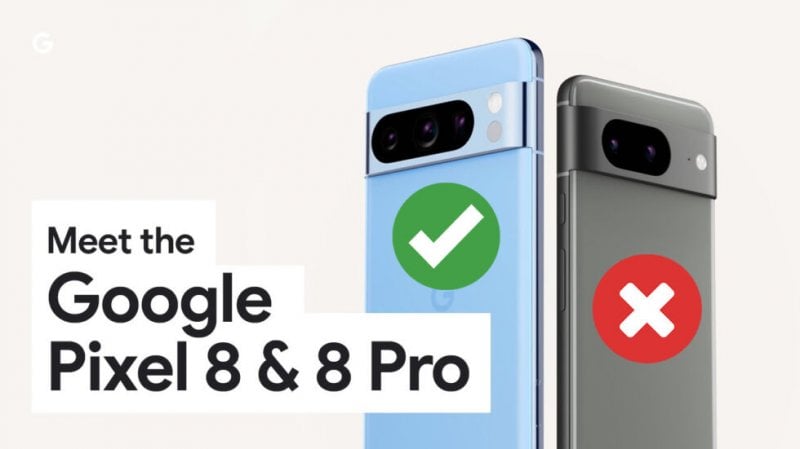In early March, Google said that the standard Pixel 8 series model would not support Gemini, attributing this mainly to unspecified “hardware limitations.”
This statement seemed controversialconsidering the emphasis on artificial intelligence for the entire series and the modest difference in RAM between Pixel 8 (8 GB) and Pixel 8 Pro (12 GB), which instead had not suffered limitations.
Despite having developed an artificial intelligence model specifically for smartphones called “Gemini Nano”, the company had opted not to make it compatible with its less powerful smartphone.
Subsequently, Google partially modified its announcement, communicating through the Pixel Phone support forum that the more compact model will receive Gemini Nano in the next quarterly Android update, scheduled for June.
However, some differences will persist even in the new version.
On Pixel 8 it will only be possible to use Gemini “if you are a developer“, that is, by activating a hidden option in the settings.
Smart answer
During the “Made by Google” podcast, Google's Seang Chau clarified that the problem lies not in the existence of Gemini Nano, but in implications of having a large language model residing on your phoneciting the need to find compromises.
Chau explained that the Pixel 8 Pro, equipped with 12GB of RAM, represented the optimal environment for the introduction of Gemini Nano, to “test their capabilities”while the Pixel 8's 4 GB less RAM would have made the situation more complex.
Since Gemini, like every other LLM model, requires a significant amount of memory when active, and some AI functions require such models to be memory resident to ensure fast response times: implementing the functions on Pixel 8 could have undermined performance of the device.
AI tradeoffs
This situation has led to a comparison with some models of Samsung's Galaxy S24 series, which also feature 8 GB of RAM in the standard and Plus versions.
Why can Samsung support Gemini Nano with 8 GB of RAM, while Google can't? The answer is that Galaxy don't face this problemlacking artificial intelligence features in the keyboard that require the Gemini Nano to be constantly active.
According to Google, functions such as Smart Reply require more than 20GB of memory to guarantee optimal service.
In light of this, neither the Pixel 8 nor the Pixel 8 Pro can keep Gemini Nano constantly active in memory.
Google has its own internal reasons, including the stock market, for pushing so hard on AI.
Considering the phenomenon of AI in a broader perspective, it is important to recognize that its real applications go far beyond the use of simple “conversational” chatbots such as ChatGPT.
The real useful features of generative AI at the operating system level are still scattered and limited.
There would be three possible solutions: increasing the memory in the devices, with a consequent increase in costs; find a way to use storage memory, which should be extremely fast by now; or give up on integrated artificial intelligence.
It all depends on the level of compromise you are willing to accept in terms of available memory for apps.
Finally, you might wonder whether ordinary users really need these AI features, or whether they would prefer to turn them off if they take up too much memory needed for other applications.
#Google #explains #reason #prevented #implementing #Gemini #Nano #Pixels
